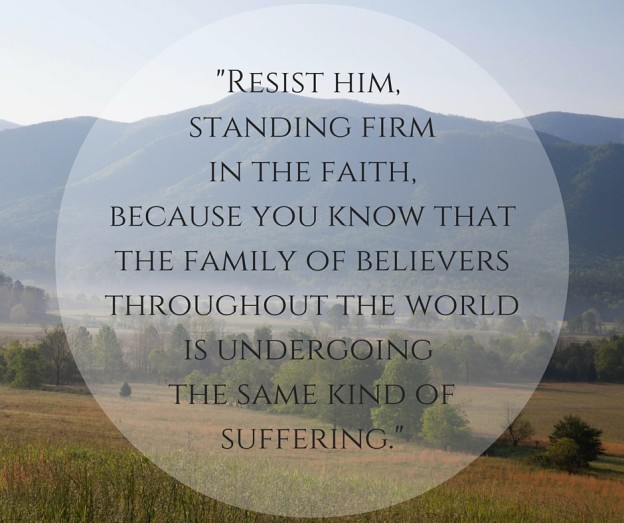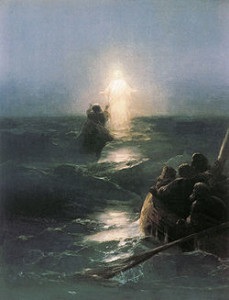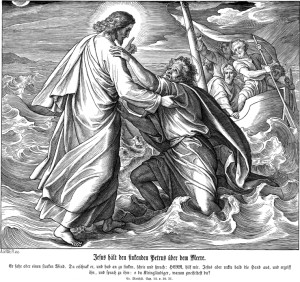We have entered a period of history where a flock of black swans have congregated overhead. I am sure you heard the theory of “A Black Swan Event”. It is a term originally popularized by Nassim Nicholas Taleb, a finance professor who used the phrase as a metaphor to describe rare, unanticipated occurrences that shatter the norms we use to predict and understand the world around us.
I personally marvel at the constancy of the seasons, the predictability of tides rising and falling, the time of day the sun will set and rise again the next morning. All around us we find a reassuringly measured and measurable world that seems to follow physical laws.
And yet, black swans are out there, ready to swoop in and mess up all our fondest assumptions, including the assumption that there are no black swans. The trouble is that while we may never have seen a black swan, they do tend to show up and they can change everything.
Miracles are Black Swan Events. We discount them because they often seem to be rare and sometimes contradict our understanding of natural laws and events. But just because someone may not believe they have experienced miracles does not mean they haven’t. It all depends how we look at reality. If we assume God does not exist, then reducing everything to the laws of physics might make sense, but is the physical realm really the whole story? Or by limiting our explanation to one dimension, are we missing the presence of the spirit of God in our existence?
In his letter to the Romans, Paul says that we blind ourselves when we close our eyes to the reality of God: “For what can be known about God is plain to them, because God has shown it to them. For his invisible attributes, namely, his eternal power and divine nature, has been clearly perceived, ever since the creation of the world, in the things that have been made.” (Romans 1: 18-20)
Paul turns our modern materialistic assumptions on their head. We assume that the laws that regulate our solar system and universe exist because they exist, whereas Paul sees God’s hand in all of it. Conventional wisdom indicates all things can be known and all things can be predicted. And yet way off on the horizon, I see something like a tiny dark dot that seems to be winging its way in our direction.



